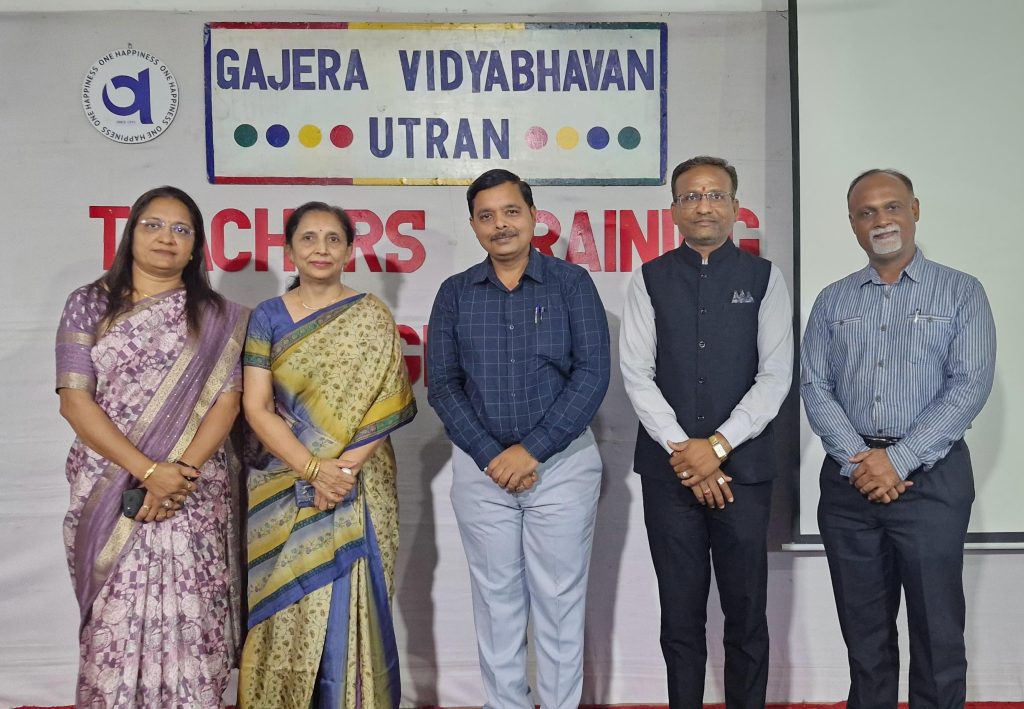There was a teachers training workshop in Gajera Vidhyabhavan, Utran branch on 15th November, 2024. The training workshop has been headed by Dr. Heena S Ojha,the principal ofSeth C.D. BARFIWALA College of Surat.
In which she emphasized the significance of the responsibility, accountability and commitment today’s Education system and NEP2020. She started with giving meaning of the same and its requirement as the following
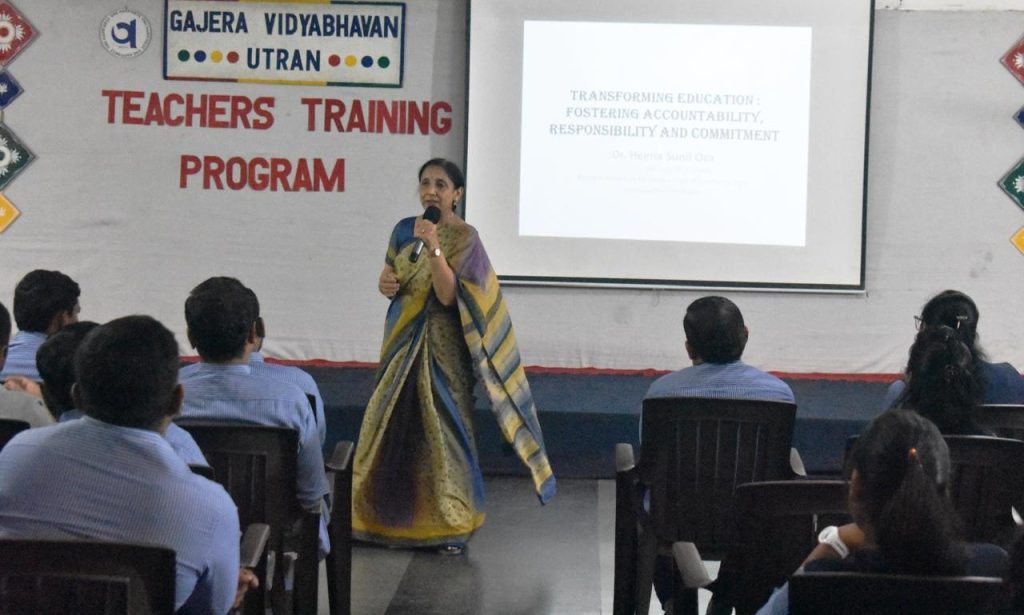
The NEP 2020 sets ambitious goals to transform the Indian education system, and achieving these requires significant accountability, responsibility, and commitment from all stakeholders involved. Here’s how these principles are crucial to the policy’s success:
Accountability is one of the major requirements which is mandatory for transparent governance that Schools and higher education institutions must maintain transparency in their operations. Regular audits and public disclosures can help keep institutions accountable.
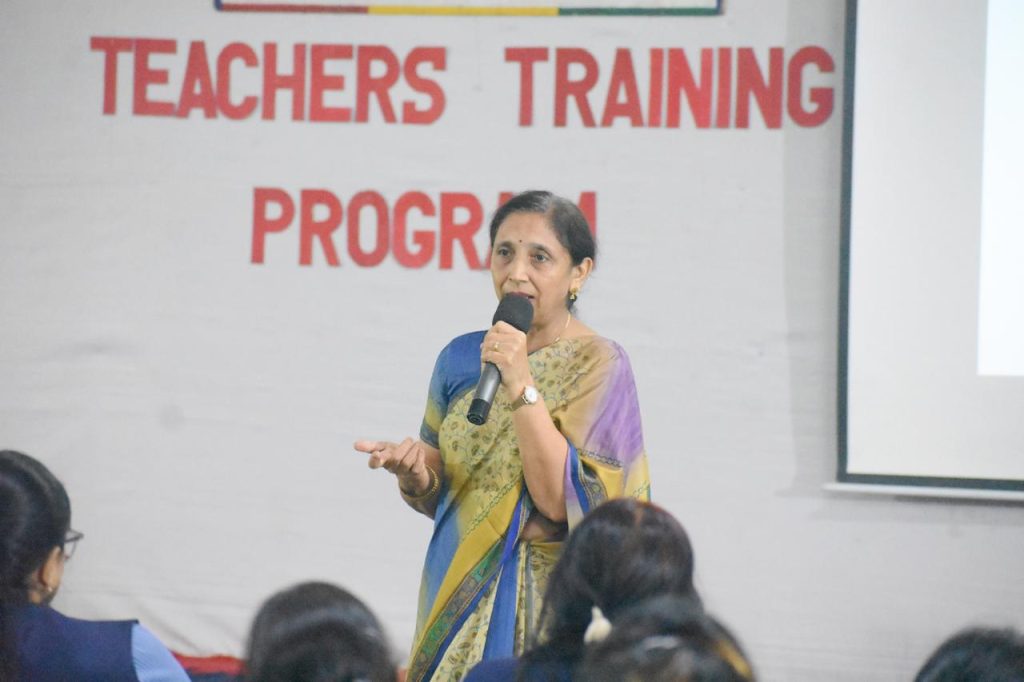
For Performance Metrics toClear performance metrics for educators and institutions can ensure that they are meeting the standards set by the policy.
For Feedback Mechanisms to Establishing strong feedback systems from students, parents, and teachers can help identify areas needing improvement and hold institutions accountable for their progress.
Responsibility is the second most required thing for Inclusive Education to Ensuring that all children, regardless of their socio-economic background, receive quality education is a shared responsibility among educators, administrators, and policymakers. And for Teacher Trainingin which Teachers have the responsibility to continuously update their skills and methodologies to provide the best education possible.
Simontaneuly focused to Parental Engagement Parents where need to be actively involved in their children’s education, supporting their learning at home and collaborating with educators.
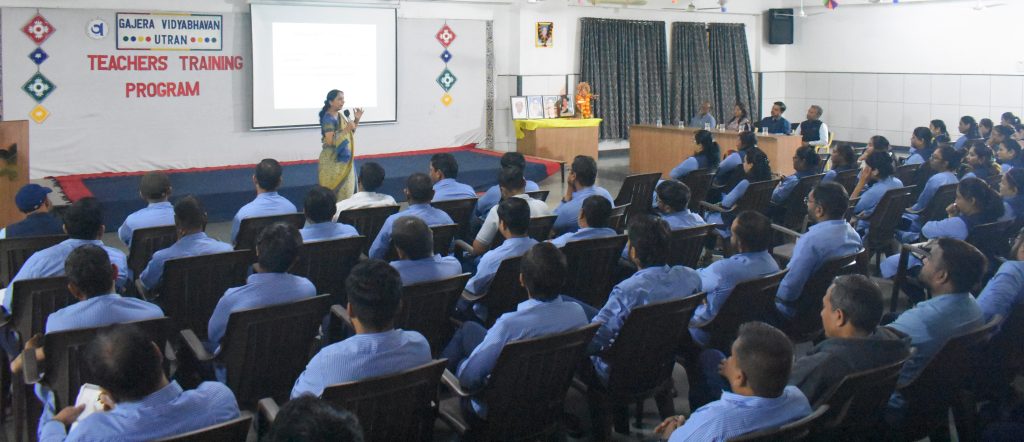
Commitment is the third most significant requirement which focused to Long-Term Vision in which Stakeholders must be committed to the long-term vision of NEP 2020, which aims for systemic changes rather than quick fixes. 2. Continuous Improvement:in which A commitment to continuous improvement and adapting to new educational practices and technologies is essential3. Holistic Development in Commitment to fostering not just academic growth but also emotional, social, and physical development of students.
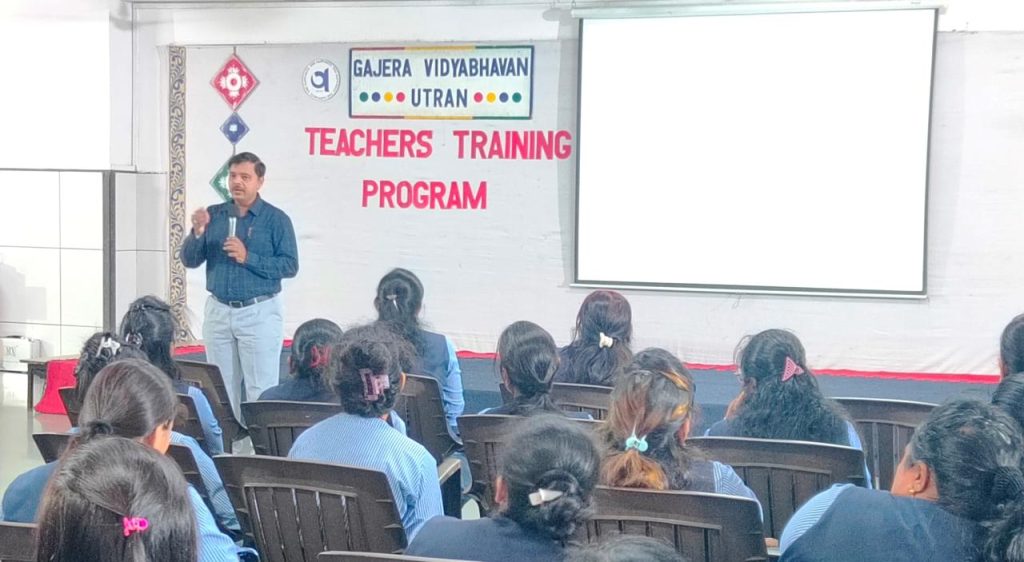
Conclusion: – In essence, NEP 2020 demands a collaborative effort where accountability, responsibility, and commitment are shared across all levels to achieve a transformative impact on the Indian education system.
